Do It Yourself
Finding Water When Lost in the Wilderness

With everything that can go wrong in a survival situation, finding water is one of the most essential skills you can have, especially if you are bugging out in the wild.
It can be seen everywhere. From survival books to TV shows like Man vs Wild and of course the internet. Humans can live without food for about three weeks but we cannot live longer than three days without water. IN SHTF situations, the chances are high that you will find yourself bugging out and running for the mountains.
Finding Water When Lost in the Wilderness
As a prepper you would surely have a few bottles of water in your survival bag. Anything more and the weight of your bag will be a hindrance to your swift escape. You would assume that it would be easy to find water as rivers and streams are part of the natural landscape. However, this will be uncertain because the weather could pose big problems especially when that dreadful day takes place in the dead of winter.
Read more on the original article here.
Survival Skills: How to Find Water In the Wild
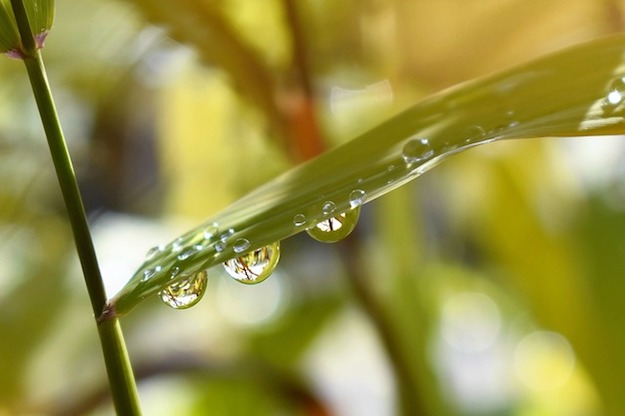
Tess Pennington
Our life depends on having clean water to drink. Knowing ways to find water in the wild will especially be helpful if you are in a bug out situation, or if you happen to lose your way in the woods.
The first thing you should do if you are in the wilderness is find a water source. Keep in mind that you need 2 quarts of water to survive. If no water source can be found, there will be times when you have to rely on your ingenuity to make a situation survivable.
Hidden water sources can be found in all aspects of nature, you just have to know where to find them. If you’re lucky enough to find a source, you need to make sure you purify it with a dependable water filtration unit. Even clear rivers and lakes may seem clean, but the millions of organisms in fresh water can make you sick, if ingested. Err on the side of caution and treat all water found.
Use your senses to find water. Obviously listening for nearby streams or rivers will be at the forefront of your mind if you need water. Further, looking around and following animal tracks can also be an option to finding water sources. Lush green vegetation is also a sign that water is nearby. Typically, animals stay close to water sources. If you can find a track and follow it, chances are it can lead to water.Further, swarming insects can also signal water sources are nearby. Bird flight paths in the morning or evening can point you in the right direction.
Moisture is in the air. Heavy dew can provide one with an ample source of water. Dew will settle on foliage such as grasses and tree limbs at night. If you have a plastic bag (sandwich bag, trash bag, grocery bag, mylar blanket) in your pack, you can cover the limbs of trees and add a rock to provide weight. Secure the bag to collect moisture from the air. Over the course of the day the plant will transpire and produce moisture that will collect at the low point. Poke a hole in the bottom of the bag and collect the water. Collecting water from the grasses should be done before the sun rises. Tie absorbent cloth around your shins and take a walk through high grass.
via Survival Skills: How to Find Water In the Wild | Ready Nutrition.
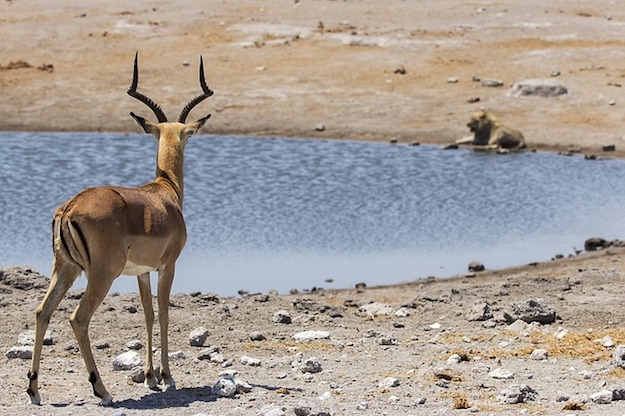
Things get worse when you live around a desert area. There are no woods or forests to be seen all around. Circumstances would obviously vary but the point here is to learn how to find a source of drinking water in order to keep your body strong, active and alert.
A prepper or a survivalist should not be the only ones to learn the skill of finding water. Anyone can get lost in the wild for so many reasons and it can happen to anyone. It is important to stay calm and keep your senses and find water sources as soon as you can, long before your water supply would run out.
If this article was able to help anyone, we would be very happy that we have done our part in helping people get through crisis or survival situations which just cannot be avoided. In case you find yourself in these kinds of situations, you have to stay focused and be determined in getting through it.
Check out related content from our site:
The Psychology of Survival – Why Your Mind Matters Most
Hydration Innovation | The Geigerrig Water Bladder
Trail Nutrition – More Than Just Peanut Butter And Granola
-

 Paracord Projects1 year ago
Paracord Projects1 year agoParacord Projects | 36 Cool Paracord Ideas For Your Paracord Survival Projects
-

 Paracord Projects1 year ago
Paracord Projects1 year agoHow To Make Paracord Survival Bracelets | DIY Survival Prepping
-

 Medical Care1 year ago
Medical Care1 year ago21 Home Remedies For Toothache Pain Relief
-

 Knife Laws1 year ago
Knife Laws1 year agoAre Switchblades Legal? Knife Laws By State
-

 Do It Yourself1 year ago
Do It Yourself1 year agoSurvival DIY: How To Melt Aluminum Cans For Casting





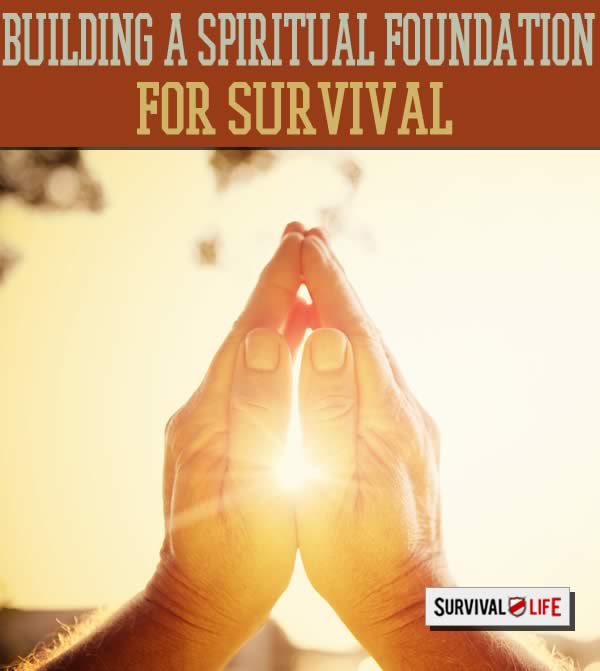

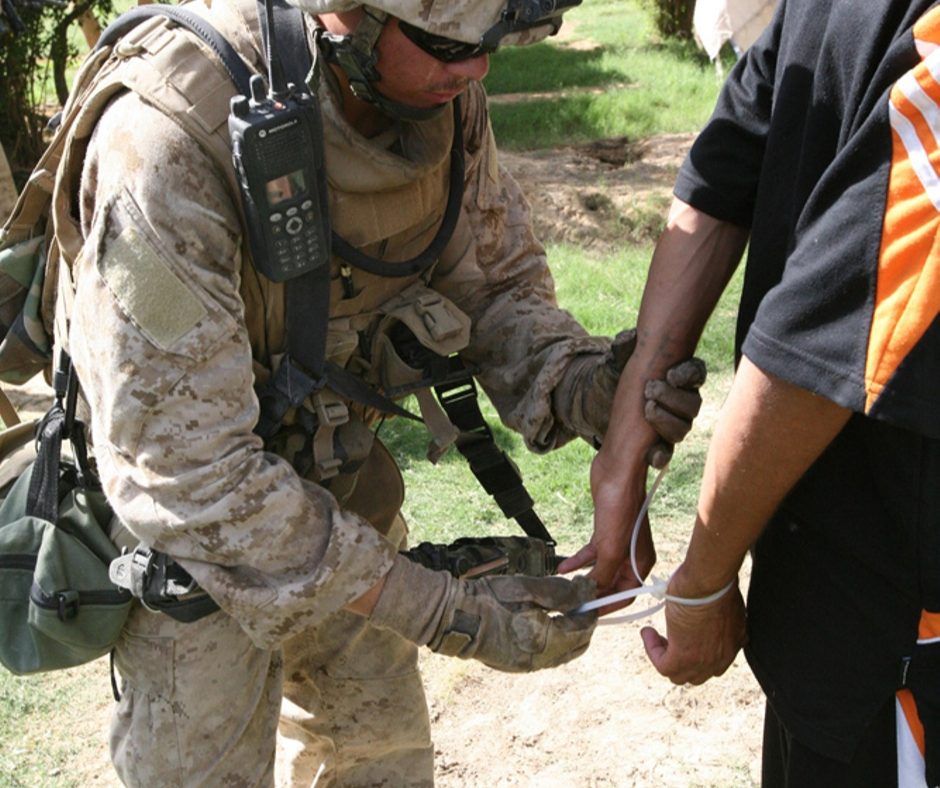


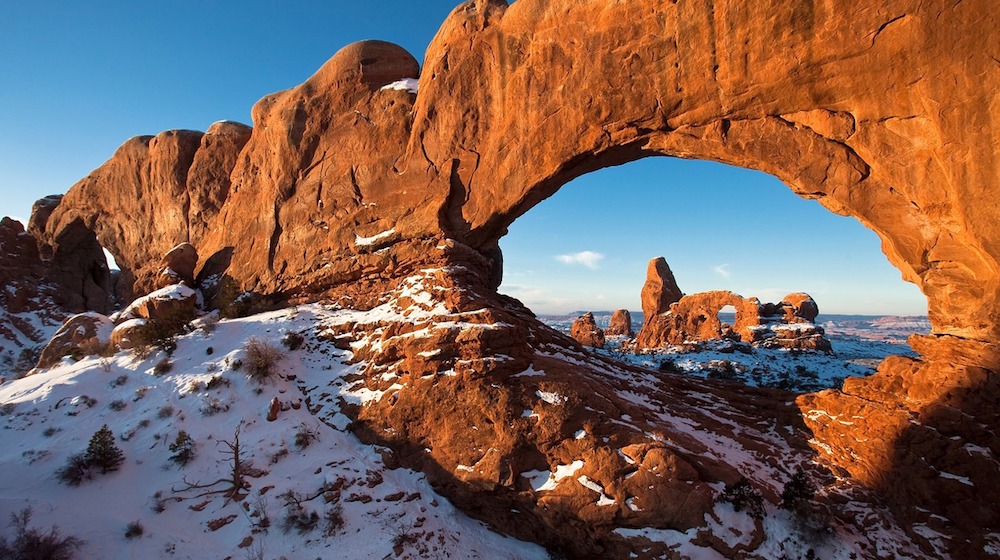


Pingback: Finding Water When Lost in the Wilderness | Patriot Powered News
Pingback: SURVIVAL TIPS: What to Do When the Water Runs Out?
Pingback: 5 Wilderness Survival Myths That Could Kill You | Survival Life
Anonymous
October 9, 2017 at 2:00 PM
;]
Pingback: 5 Emergency Water Storage Tips For Preppers Like You
Pingback: 5 Emergency Water Storage Tips For Preppers Like You | survival
Pingback: 8 Emergency Water Storage Tips For Preppers Like You - Survive!
Pingback: 5 Wilderness Survival Myths That Could Kill You
Pingback: Lost in the Woods 101 - Survive!
Pingback: Lost in the Woods 101 - Survival Patch
Pingback: Lost in the Woods: What You Need to Know | survivalisthandbook.com
Pingback: 5 Wilderness Survival Myths That Could Kill You | Survival Life
Pingback: 5 Wilderness Survival Myths That Could Kill You | Primitive technology
Pingback: 8 Emergency Water Storage Tips For Preppers Like You | Primitive technology
Pingback: Lost In The Woods 101: What To Do When Lost In The Woods [Video]
Pingback: Lost In The Woods 101: What To Do When Lost In The Woods – Ultimate Survival Alerts